Are you looking to address disparities in early intervention and early childhood special education systems and promote more equitable practices and outcomes?
Equity in Data: Where to Start!
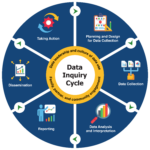


Designed to provide assistance to IDEA Part C Data Managers and other users of the EDFacts Metadata and Process System (EMAPS). This tool offers a way to ensure accuracy of IDEA Part C Child Count and Settings data prior to official submission. The Part C Child Count and Setting Data Tool allows the state to enter their data and have any errors flagged. Corrections can then be made prior to data entry and submission in EMAPS.

Part C Data Managers are shifting timelines and processes in response to new deadlines around modernization. Dates have been updated to reflect the most recent information (May 2024) from the EDFacts Partner Support Center.
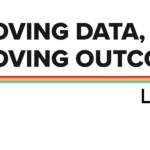
Register now! August 25-30, 2024 at the InterContinental New Orleans Hotel in Louisiana. Connect, learn from other states, network with peers, and hear the latest early childhood updates from the federal agencies.
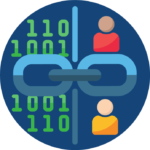
DaSy and one state’s journey to link IDEA Part C and Part B 619 datasets to enable analyses and provide a deeper understanding of how children transition from one program to the other.
Stories from two states highlight the support that DaSy and/or ECTA can provide to Part C and Part B 619 programs seeking to improve their system, service implementation, and child and family outcomes.
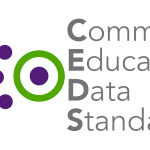
Explore the Connections tailored for Part C indicators, glean insights from a national early learning organization, and uncover additional CEDS early learning resources.
Discover how over 55 elements with standardized definitions, developed by early learning SMEs, can streamline your Part C reporting.
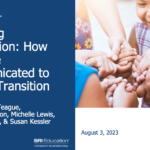
Effective data communication plays a pivotal role in ensuring seamless transitions for children moving from one educational program to another.
This tool can be used to chart the child outcomes summary statements (Indicator C3/B7) over time. It displays trends in child outcomes in the form of line charts, which makes it easy to track progress and interpret the data.

Are you looking for an easy tool to help you begin analyzing your data? In this video tutorial series, you will learn about the pivot table, a powerful tool in Microsoft Excel that lets you quickly slice and dice your data in numerous ways. You will never look at data analysis the same way again!